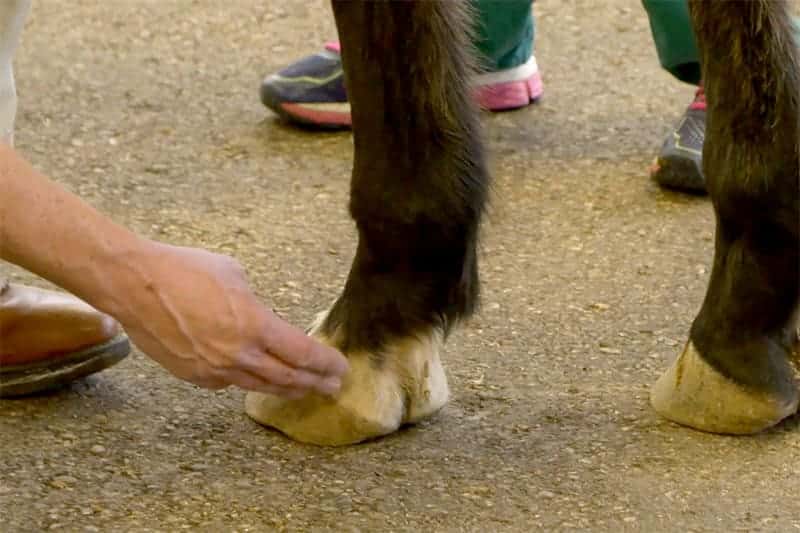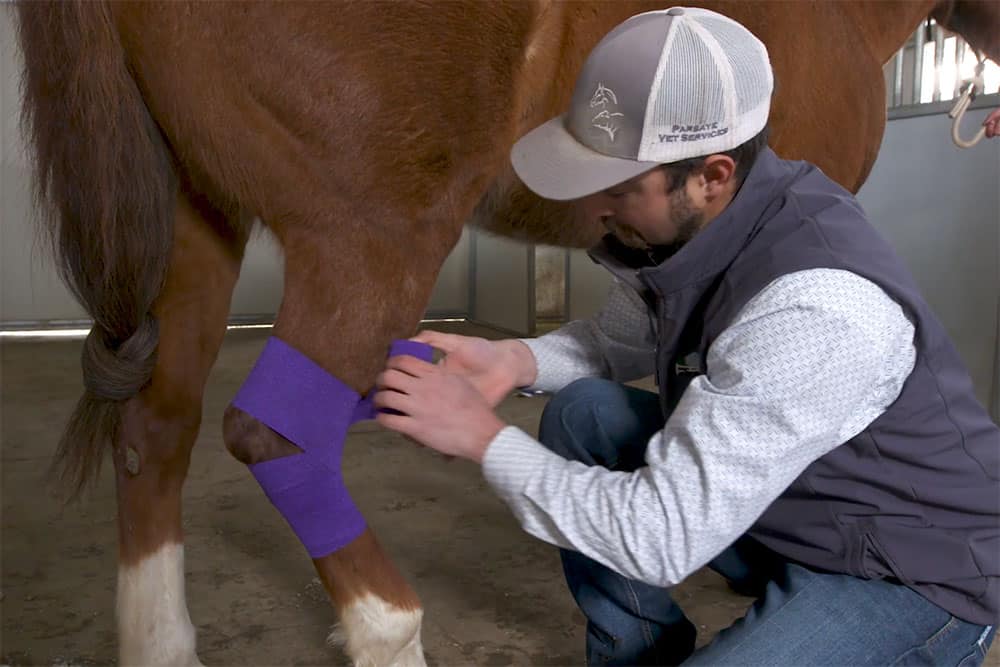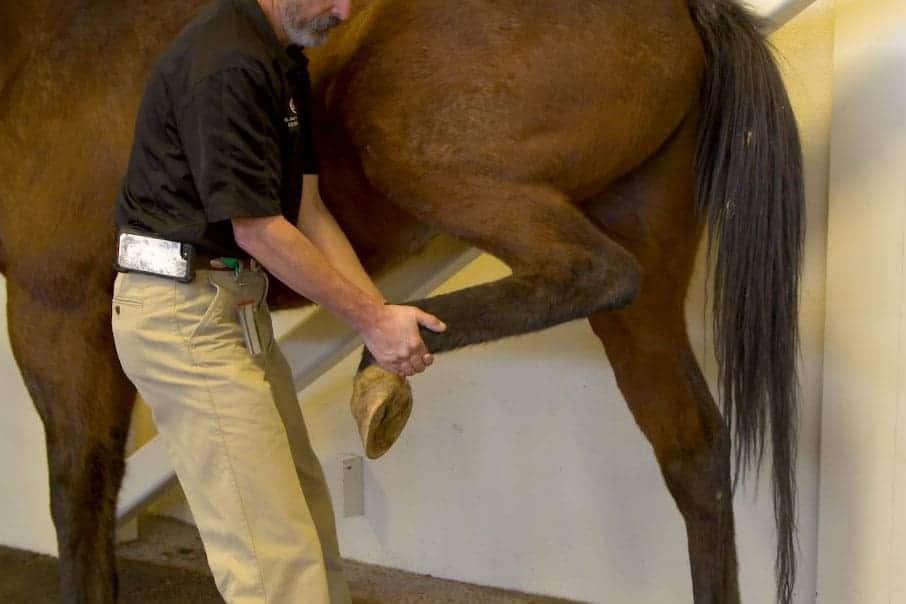
Understanding Equine Nerve Blocks
When used correctly, nerve blocks can help determine the location of discomfort in a horse.

When used correctly, nerve blocks can help determine the location of discomfort in a horse.

A veterinarian explains the relationship between high insulin and laminitis in horses.

Discover how each region of your horse’s digestive system works in this visual guide.

An equine veterinarian explains the risks of breeding an insulin-resistant mare.

Wrapping a hock can be difficult, but these tips from a veterinarian can help.

A veterinarian explains how to increase a horse’s weight safely.

Discover tips for managing horses with insulin resistance in the archived recording of our podcast. Sponsored by Wellness Ready.

Sand accumulation in a horse’s gastric system is cause for concern; this method can help you detect it.

Identifying lameness early is key to preventing long-term damage.

Will a senior diet negatively affect a young horse? Two equine nutritionists agree it likely won’t.

Learn about preventing and managing equine osteoarthritis in our visual guide.

Dr. Carrie Shaffer of the University of Kentucky describes how in vitro models will help us better understand how we can prevent and fight disease in horses.

Finding a boarding facility that can accommodate senior horses’ needs can be tricky, but these tips from Drs. Kelly Vineyard and Shannon Pratt-Phillips can help.

These tips can provide an interim solution to dealing with a loose shoe while you wait for the farrier.

A veterinarian evaluates a horse’s soundness using flexion tests.

Typically, grass has less sugar overnight and in the early morning than during the day.
Stay on top of the most recent Horse Health news with
"*" indicates required fields